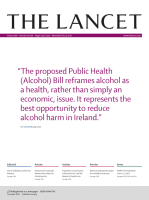 The Lancet has retracted a journalist-written piece about a controversial drug used off-label to induce abortions, and replaced it with a corrected version.
The Lancet has retracted a journalist-written piece about a controversial drug used off-label to induce abortions, and replaced it with a corrected version.
In the retraction notice, the journal said it “removed the information that we believe to be inaccurate.”
The article, first published Oct. 28, 2017, highlights Pfizer’s decision to withdraw the drug, misoprostol, from the French market in 2018, and explores the ongoing debate surrounding its uses and safety. Approved to treat ulcers, misoprostol is more often used off-label to induce labor or medical abortions, despite reports of serious side effects, including hemorrhaging and birth defects “sometimes associated with fetal death.” Continue reading Lancet retracts and replaces news story about controversial abortion drug
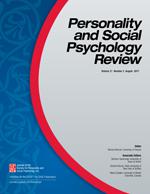 Can seeing a weapon increase aggressive thoughts and behaviors?
Can seeing a weapon increase aggressive thoughts and behaviors? 

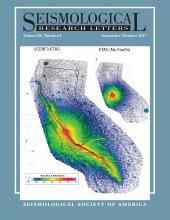
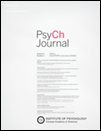 The authors of a 2017 paper on emotional and behavioral gaps between boys and girls have retracted the article after discovering a coding error that completely undermined their conclusions.
The authors of a 2017 paper on emotional and behavioral gaps between boys and girls have retracted the article after discovering a coding error that completely undermined their conclusions. 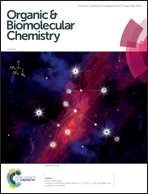
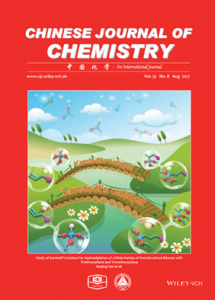
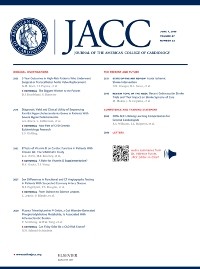 In June,
In June,